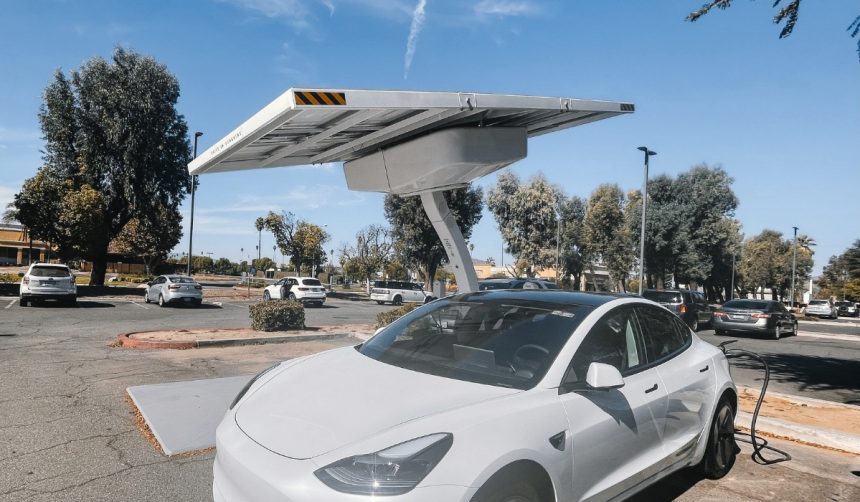Tesla’s autonomous vehicle plans have drawn renewed scrutiny as a group of Austin-area Democratic lawmakers formally called for a delay to the company’s highly anticipated robotaxi rollout. As the debate touches both safety and regulatory preparedness, local sentiment appears divided, with residents and city officials weighing the risks and potential benefits of the technology. The request spotlights ongoing friction between technological advancement and the gradual process of lawmaking that seeks to govern these changes responsibly.
News of Tesla’s planned robotaxi launch in Austin has surfaced several times over recent months, with discussions often centering on whether the company should move forward under current regulations or wait for updated rules. Earlier reports indicated minimal regulatory barriers in Texas, with local officials mostly emphasizing economic opportunities and innovation. This latest intervention from Democratic lawmakers adds a notably cautionary tone, asking for a halt on the launch until a stricter legal framework is in place. The evolving narrative reflects both growing public interest and concern about the real-world deployment of autonomous vehicles in urban spaces.
Lawmakers Ask for Postponement to Support Safety
A formal letter sent Wednesday by Democratic representatives from Austin urged Tesla to push back its initial robotaxi service launch date. Their request aims to ensure that the deployment of driverless vehicles aligns with new state regulations scheduled to become effective in September. According to the lawmakers, delaying the rollout “would build trust in the electric vehicle maker’s autonomous vehicle operations.” The letter emphasizes that prioritizing community well-being and transparency could bolster the credibility of Tesla’s technology.
What Does the New Texas Law Require?
The updated law, passed by the Texas legislature last month, introduces stricter controls for all companies seeking to put autonomous, driverless vehicles on public roads. Under previous regulations, companies could test self-driving cars with basic registration and insurance. The new rules give state agencies enhanced investigative powers, including the authority to suspend or revoke operators if their vehicles are deemed unsafe. Lawmakers contend that these changes were designed to address public safety and regulatory gaps that current policy leaves open.
Could Tesla Proceed With June 22 Launch?
Despite the request, Tesla may legally move ahead with its planned launch in late June unless it chooses to voluntarily comply with the lawmakers’ call for a delay. CEO Elon Musk has indicated that the initial service will be restricted, deploying a limited number of Model Y vehicles in carefully selected areas of Austin considered the safest for such trials. As the debate continues, observers note that Texas remains under Republican control in both governorship and legislature, presenting an uncertain reception to the Democratic push for postponement. Tesla has not commented on the letter publicly.
Delays and increased oversight of autonomous vehicles are not unique to Texas, nor to Tesla. Jurisdictions across the United States have approached robotaxi rollouts with a range of legal requirements and public consultations, often depending on incident history and prevalent attitudes towards innovation. For consumers and municipalities, understanding the nature and scope of these autonomous services—along with foreseeable risks and mitigations—remains critical. This situation underscores the importance of dynamic regulation that responds to public concerns while allowing for technological advancement. For companies like Tesla and others pursuing similar projects, clear communication and adaptable strategies are likely to determine both their reputation and regulatory outcomes.










